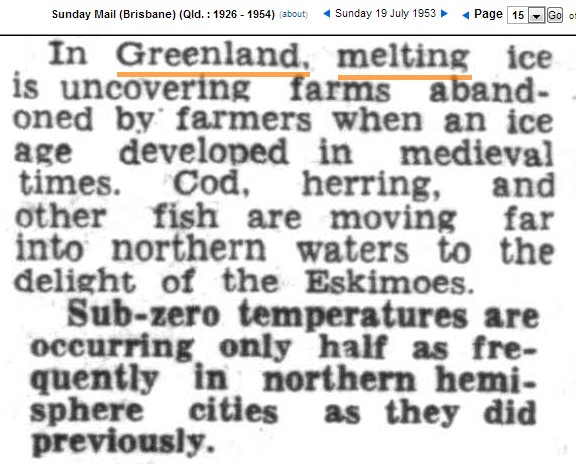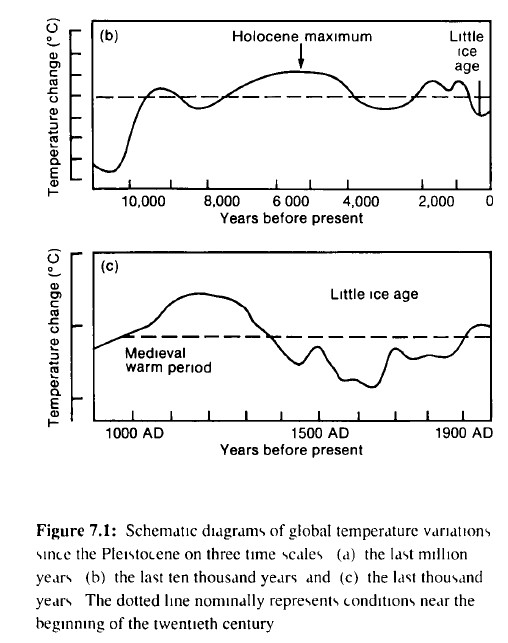The IPCC used to know that there was a Medieval Warm Period, but they forgot after overdosing on some bad drugs at a Y2K party.
19 Jul 1953 – FUNNY WEATHER WE’VE BEEN HAVING THESE PAST FEW Y…
In 1990, the IPCC did know about the MWP.
[youtube=http://www.youtube.com/watch?v=qVVfSZ2l–4]




Funny you posted that, I have been a fishermen for many years in the NJ water and this year some Cod and Pollock are being caught off the NJ shore where they normally are not this time of year.
Surface water temps are normal to above from the Satellite surface data. Cod and polick like colder water.
Here is one report from the other day.
http://www.njfishing.com/forums/showthread.php?t=64043
one more report Cod fish
http://www.njfishing.com/forums/showthread.php?t=63913
There is another problem with the IPCC .. believe it or not!
Quote: “It is virtually certain that the upper ocean (0?700 m) warmed from 1971 to 2010”.
(IPCC Summary Report 2013)
There is a problem with that quote. We can only rely on the ocean data since mid 2003 when the Argo buoy network became operational. It uses over 3,000 floating thermometers spread throughout the world’s oceans. Before 2003 researchers had to use erratic and highly *uncertain* measurements from boats.
The Argo data is unique for several reasons :- 1/. The distribution of data is uniform rather than dependant on shipping lines. .. 2/. There is a lack of seasonal bias since the floats operate year round. .. 3/. The network provides free, automatic data within 24 hours, and scientific data within months. .. 4/. There is multi-national collaboration to deploy, monitor and analyze the floats and their data. (http://www.argo.ucsd.edu/Novel_Argo.html)
Therefore, the data can only be “virtually certain” since mid 2003. .. Perhaps the full IPCC report will clarify their methods and reasoning.
The Medieval time was bloody freezing. It froze so much that Dr. Michael man says that olives grew in Germany.